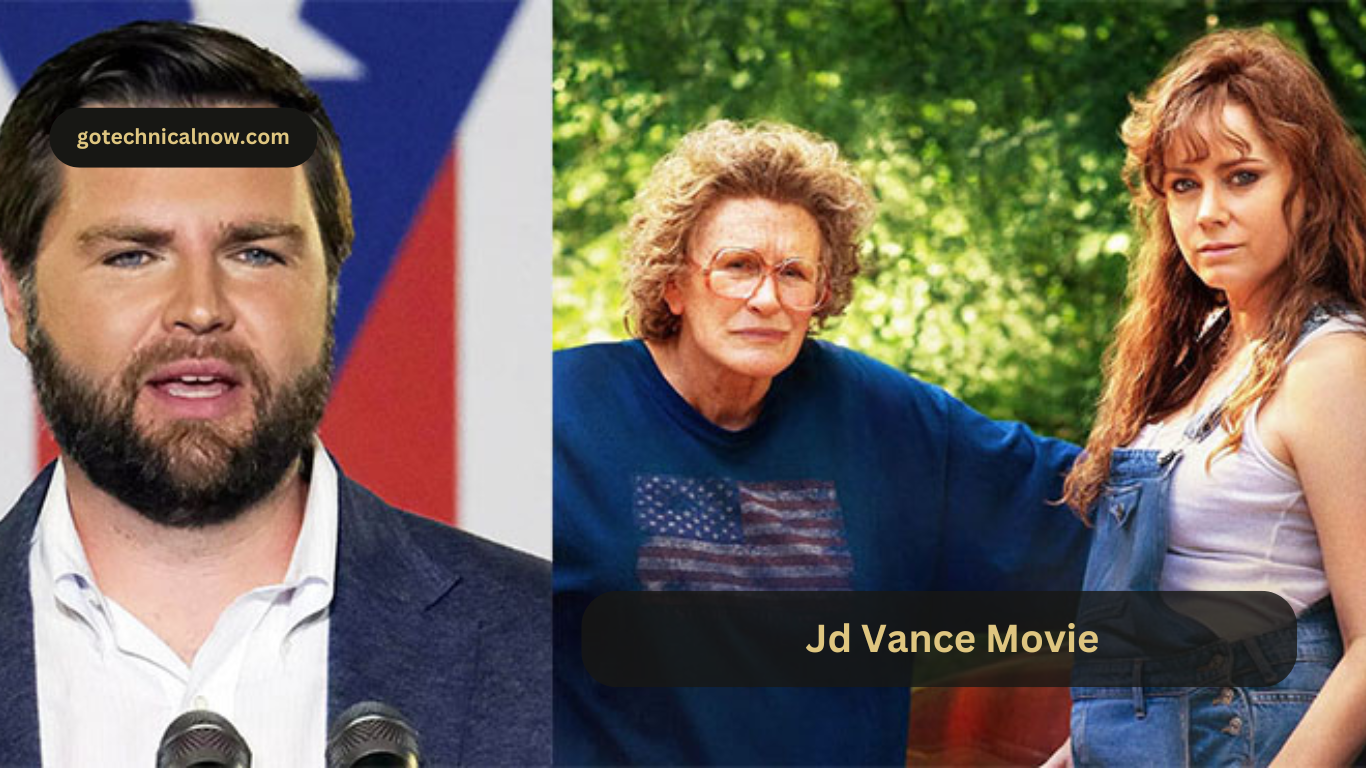J.D. Vance is an American author, venture capitalist, and politician, best known for his memoir “Hillbilly Elegy: A Memoir of a Family and Culture in Crisis.” Born on August 2, 1984, in Middletown, Ohio, Vance grew up in a working-class family with roots in the Appalachian region of Kentucky. His upbringing was marked by instability and hardship, themes he explored deeply in his memoir. After serving in the U.S. Marine Corps, Vance graduated from Ohio State University and earned a law degree from Yale Law School. His career has spanned law, finance, and politics, culminating in his election to the U.S. Senate from Ohio in 2022.
What is “Hillbilly Elegy”?
“Hillbilly Elegy” is a memoir by J.D. Vance published in 2016. The book provides a poignant and candid look at the struggles of America’s white working-class communities, particularly those in the Rust Belt and Appalachian regions. Vance’s narrative intertwines his personal family story with broader social and economic commentary, offering insights into the cultural and economic decline of these areas. The memoir was a critical and commercial success, becoming a bestseller and sparking national conversations about class, culture, and the American Dream.
How did “Hillbilly Elegy” become a movie?
The success of “Hillbilly Elegy” attracted the attention of Hollywood, leading to a film adaptation. In 2017, Imagine Entertainment, co-founded by Ron Howard and Brian Grazer, acquired the rights to adapt the memoir into a movie. Ron Howard, a renowned filmmaker known for his work on films like “A Beautiful Mind” and “Apollo 13,” took on the role of director. The screenplay was written by Vanessa Taylor, who co-wrote the Oscar-winning film “The Shape of Water.” The film aimed to capture the essence of Vance’s memoir, bringing the raw and emotional story of his family and community to the big screen.
Who stars in the movie?
“Hillbilly Elegy” features a star-studded cast, bringing to life the complex characters from Vance’s memoir. The central role of J.D. Vance is played by Gabriel Basso, known for his roles in “The Kings of Summer” and “The Big C.” Amy Adams stars as Bev, Vance’s mother, delivering a powerful performance as a woman struggling with addiction and instability. Glenn Close plays Mamaw, Vance’s tough and resilient grandmother, whose influence is a pivotal force in his life. The cast also includes Haley Bennett, Freida Pinto, Bo Hopkins, and Owen Asztalos.
What themes does the movie explore?
Like the memoir, the movie “Hillbilly Elegy” delves into several themes that resonate deeply with audiences. At its core, the story explores the challenges and resilience of a family grappling with poverty, addiction, and a lack of opportunities. It highlights the generational struggles of the working-class and the impact of socio-economic decline on individuals and communities. The film also emphasizes the importance of family, the influence of strong role models, and the possibility of overcoming adversity through determination and support.
How was the movie received?
“Hillbilly Elegy” premiered on Netflix in November 2020 and received mixed reviews from critics. While some praised the performances, particularly those of Amy Adams and Glenn Close, others criticized the film for its handling of the source material and perceived lack of depth in exploring the broader social issues. Despite the mixed critical reception, the movie found an audience among viewers who appreciated its emotional storytelling and strong performances. Glenn Close’s portrayal of Mamaw earned her nominations for several awards, including an Academy Award, Golden Globe, and Screen Actors Guild Award.
What impact did the movie have?
The release of “Hillbilly Elegy” brought renewed attention to J.D. Vance’s memoir and the issues it addresses. The film sparked discussions about the representation of working-class communities in media and the complexities of adapting real-life stories for the screen. It also highlighted the ongoing struggles of the regions depicted in the memoir, drawing attention to the need for economic and social support for these communities. For J.D. Vance, the movie further cemented his status as a prominent voice on issues affecting America’s heartland, as he transitioned from author and commentator to political figure.
Conclusion
The movie “Hillbilly Elegy” serves as a poignant and thought-provoking adaptation of J.D. Vance’s memoir, bringing the struggles and resilience of a working-class family to a broader audience. Through powerful performances and emotional storytelling, the film captures the essence of Vance’s journey and the broader socio-economic challenges facing many American communities. While it received mixed reviews, “Hillbilly Elegy” succeeded in sparking important conversations and highlighting the need for continued attention to the issues it portrays.










